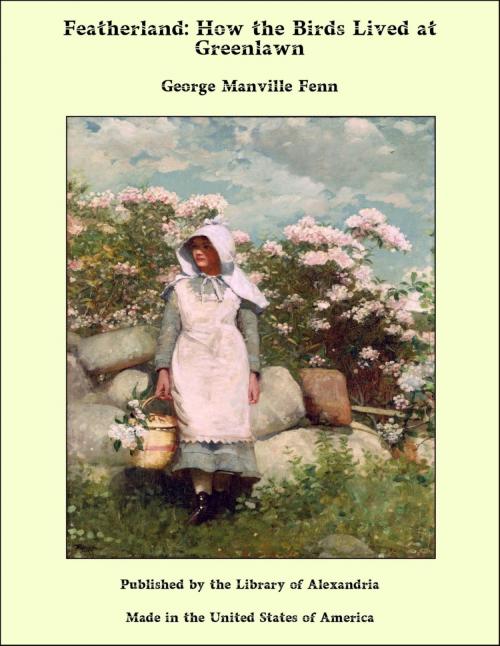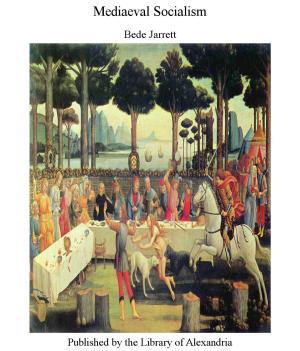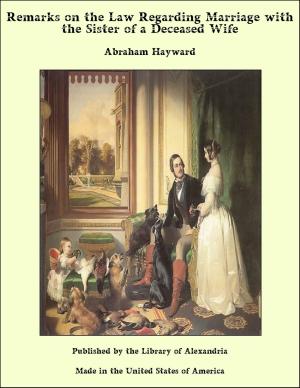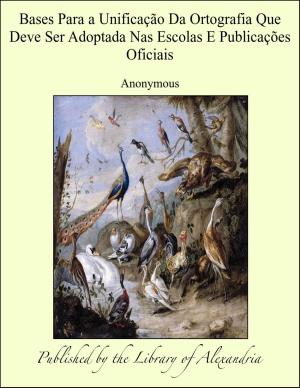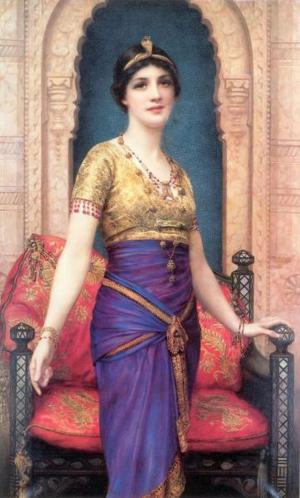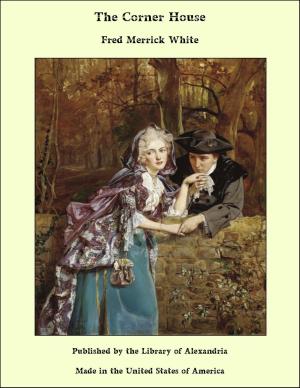Featherland: How the Birds Lived at Greenlawn
Nonfiction, Religion & Spirituality, New Age, History, Fiction & Literature| Author: | George Manville Fenn | ISBN: | 9781465621214 |
| Publisher: | Library of Alexandria | Publication: | March 8, 2015 |
| Imprint: | Language: | English |
| Author: | George Manville Fenn |
| ISBN: | 9781465621214 |
| Publisher: | Library of Alexandria |
| Publication: | March 8, 2015 |
| Imprint: | |
| Language: | English |
“Hallo, old Yellowbill! what’s brought you out so early?” said a fine fat thrush, one bright spring morning, stopping for a moment to look at his companion, and leaving the great broken-shelled snail he had rooted out of the ivy bush curling about upon the gravel path. “Hallo, old Yellowbill! what’s brought you out so early?” “What’s that to you, old snail-crusher?” said the blackbird, for he was in rather an ill temper that morning, through having had a fright in the night, and being woke up by old Shoutnight the owl, who had been out mousing and lost his wife, and sat at last in the ivy-tod halloaing and hoo-hooing, till the gardener’s wife threw her husband’s old boot out of the window at him, when he went flop into the laurel bush, and banged and bounced about, hissing and snapping with his great bill, while his goggle eyes glowed so angrily that the blackbird’s good lady popped off her nest in a hurry and broke one of her eggs, and, what was worse, was afraid to go back again till the eggs were nearly cold; and then she was so cross about it, that although the broken egg was only a bad one, she turned round upon Flutethroat, her husband, who had been almost frightened to death, and told him in a pet it was all his fault for not picking out a better place for the nest. So it was no wonder that Flutethroat, the blackbird, turned grumpy when neighbour Spottleover, the thrush, called him “Yellowbill;” for of course he did not like it any better than a man with a red nose would like to be called Hot-poker. But it was such a fine morning, and there were so many dew-worms lying out in the cool grass that the neighbours could not stop to be crabby. So Spottleover flew off with his snail, and Flutethroat soon had hold of a thumping, great worm, and set to work, tug-tug, to draw it from its hole, and then pulled and poked it about till it was easily to be packed in a knot, when he took it in his bill and flew off to the laurel bush, where Mrs Flutethroat was busy sitting upon four green speckly eggs, and waiting very impatiently for her breakfast. Just then the sun cocked one side of his great round face over the hill, and looked down upon Greenlawn garden, where all this took place, and tried to make the dew-drops glitter and shine upon the grass and leaves; but he could not, for Dampall, the mist, was out, and had spread himself all over the place like a great wet smoke; and for ever so long he would not move, for he did not like the sun at all, because he, as a mist, was good friends with the moon, and used to let her beams dance all over him. But it was a fine spring morning, and the sun had got up in a good humour, and had no end of business to get through that day. There was all the water on the lowlands to drink up; all the little green buds just coming out on the trees to warm; the bees to waken up and send honey-seeking amongst the crocuses, primroses, and violets, that were all peeping out from amongst last autumn’s dead leaves; flies to hunt out of crevices where they had been asleep all the winter; and old Bluejacket, the watchman beetle, to wake up from his long doze; as well as Nibblenut the squirrel, Spikey the hedgehog, and ever so many more old friends and neighbours; and so, of course, he was not going to be put down by a cold, raw mist.
“Hallo, old Yellowbill! what’s brought you out so early?” said a fine fat thrush, one bright spring morning, stopping for a moment to look at his companion, and leaving the great broken-shelled snail he had rooted out of the ivy bush curling about upon the gravel path. “Hallo, old Yellowbill! what’s brought you out so early?” “What’s that to you, old snail-crusher?” said the blackbird, for he was in rather an ill temper that morning, through having had a fright in the night, and being woke up by old Shoutnight the owl, who had been out mousing and lost his wife, and sat at last in the ivy-tod halloaing and hoo-hooing, till the gardener’s wife threw her husband’s old boot out of the window at him, when he went flop into the laurel bush, and banged and bounced about, hissing and snapping with his great bill, while his goggle eyes glowed so angrily that the blackbird’s good lady popped off her nest in a hurry and broke one of her eggs, and, what was worse, was afraid to go back again till the eggs were nearly cold; and then she was so cross about it, that although the broken egg was only a bad one, she turned round upon Flutethroat, her husband, who had been almost frightened to death, and told him in a pet it was all his fault for not picking out a better place for the nest. So it was no wonder that Flutethroat, the blackbird, turned grumpy when neighbour Spottleover, the thrush, called him “Yellowbill;” for of course he did not like it any better than a man with a red nose would like to be called Hot-poker. But it was such a fine morning, and there were so many dew-worms lying out in the cool grass that the neighbours could not stop to be crabby. So Spottleover flew off with his snail, and Flutethroat soon had hold of a thumping, great worm, and set to work, tug-tug, to draw it from its hole, and then pulled and poked it about till it was easily to be packed in a knot, when he took it in his bill and flew off to the laurel bush, where Mrs Flutethroat was busy sitting upon four green speckly eggs, and waiting very impatiently for her breakfast. Just then the sun cocked one side of his great round face over the hill, and looked down upon Greenlawn garden, where all this took place, and tried to make the dew-drops glitter and shine upon the grass and leaves; but he could not, for Dampall, the mist, was out, and had spread himself all over the place like a great wet smoke; and for ever so long he would not move, for he did not like the sun at all, because he, as a mist, was good friends with the moon, and used to let her beams dance all over him. But it was a fine spring morning, and the sun had got up in a good humour, and had no end of business to get through that day. There was all the water on the lowlands to drink up; all the little green buds just coming out on the trees to warm; the bees to waken up and send honey-seeking amongst the crocuses, primroses, and violets, that were all peeping out from amongst last autumn’s dead leaves; flies to hunt out of crevices where they had been asleep all the winter; and old Bluejacket, the watchman beetle, to wake up from his long doze; as well as Nibblenut the squirrel, Spikey the hedgehog, and ever so many more old friends and neighbours; and so, of course, he was not going to be put down by a cold, raw mist.
